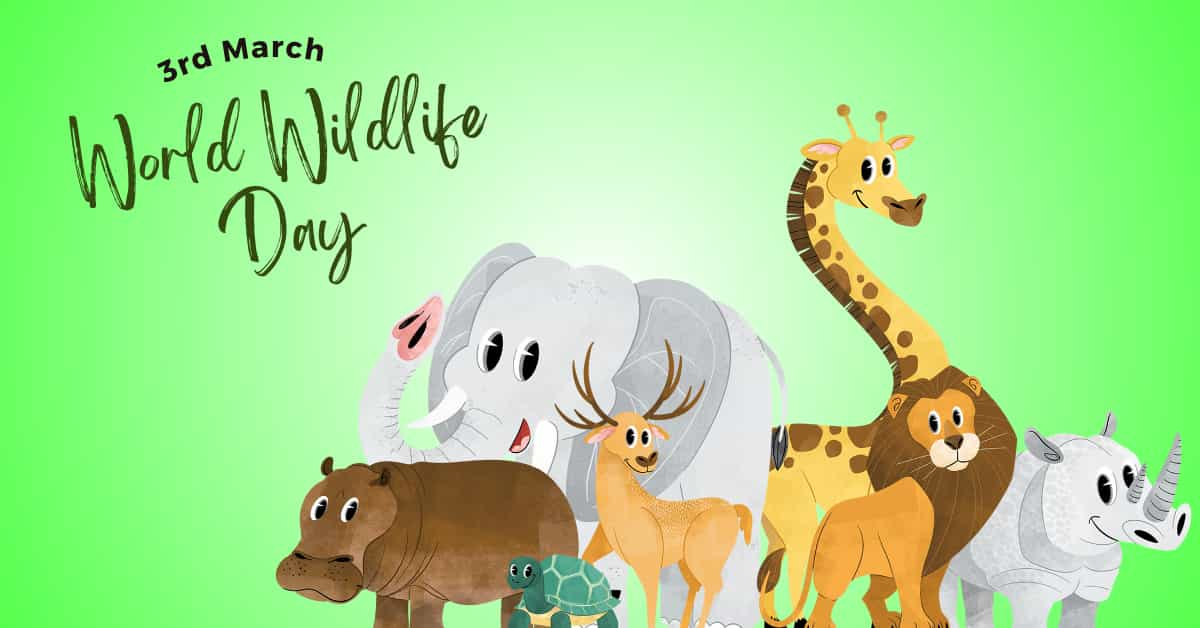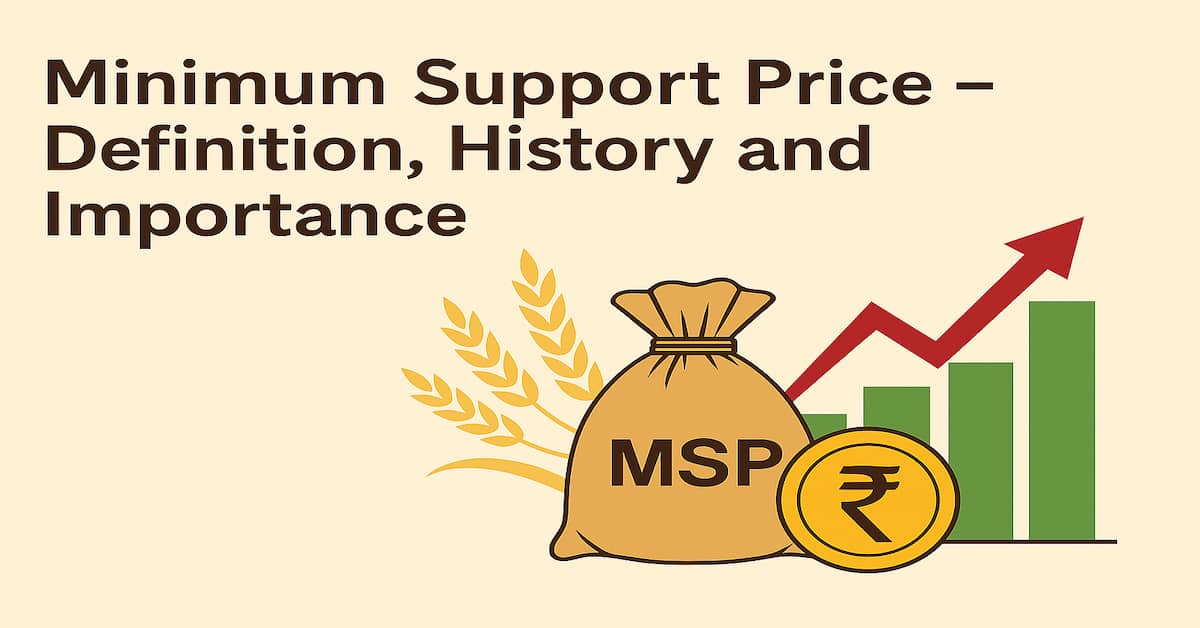Gandhi Jayanti is celebrated every year on October 2nd. It is an important day for people in India and around the world.
Gandhi Jayanti is not just about celebrating his birthday. It is a time for us to think about life of Mahatma Gandhi and what he taught us. He believed in things like not using violence, always telling the truth, and making sure things are fair.
Table of Contents
His idea of peaceful resistance, called Satyagraha, has inspired many movements for change around the world. His message of peace and love is important to everyone, no matter where they come from or what they believe.
Today, his ideas are still really important. Our world faces a lot of problems, like poverty and inequality. His belief in non-violence can help us deal with these problems peacefully.
On this Gandhi Jayanti, we remember his promises to keep his ideals of peace, love, and fairness alive. We want to make the world a better and kinder place for everyone.
Mahatma Gandhi: His Life
Mohandas Karamchand Gandhi, also known as Mahatma Gandhi or just Gandhi, was a really important person in history. He was born on October 2, 1869, in a town called Porbandar in India.
His life story went from being born in a simple place to becoming famous around the world for peace, non-violence, and fairness.
When Gandhi was young, he believed in living simply and being good. He went to England to study law, but he stayed true to his vegetarian diet and did not spend a lot of money.
His big journey started in South Africa. There, he saw how unfairly Indian people were treated because of their race. This made him want to fight for their rights.
In 1893, Gandhi started a peaceful protest against unfair laws in South Africa. He set up a group called the Natal Indian Congress to help Indian people there. Then, in 1906, he made a community called the Satyagraha Ashram in Johannesburg, where he taught people about non-violence.
Gandhi Ji went back to India in 1915. He started to organize farmers and workers to speak up against unfair taxes and treatment. He led many peaceful protests against the British rulers, like the Rowlatt Act in 1919, which allowed the British to arrest people without a trial.
Gandhi also led big movements like the Non-Cooperation Movement from 1920 to 1922 and the Civil Disobedience Movement from 1930 to 1934, all against British rule.
Sadly, on January 30, 1948, Gandhi was killed by someone who did not agree with his ideas.
Gandhi’s teachings still matter a lot. His ideas about peace, truth, and fairness keep inspiring people and movements all over the world who want to make things better for everyone.
The Leadership and Legacy of Mahatma Gandhi
Gandhiji was a leader known for being humble and including everyone. He brought together people from different backgrounds and beliefs to work towards independence.
He was really good at getting lots of people to join in through his speeches, marches, and movements, showing how great a leader he was.
His ideas are still important today, and other leaders like Martin Luther King Jr. and Nelson Mandela were inspired by him. They looked up to Gandhi during their own fights for civil rights and against apartheid.
Leadership of Mahatma Gandhi was not just about politics, it was also about making society better by being kind and caring.
Gandhi Jayanti Celebrations in India
In India, Gandhi Jayanti is more than just a public holiday. It is a day of reflection and remembrance. Across the country, people come together to honour his memory through various events and activities.
One of the most iconic celebrations takes place at the Raj Ghat in New Delhi, where Gandhi was cremated. Here, political leaders, dignitaries, and ordinary citizens gather to pay their respects by offering flowers and singing his favourite devotional songs.
His message of simplicity and self-reliance is reflected in the spinning of the charkha (spinning wheel) on this day. The charkha, symbolic of self-sufficiency and economic independence, reminds us of his commitment to promoting cottage industries and empowering the rural masses.
Gandhi’s Relevance in the Modern World
In an era marked by conflicts, social inequalities, and environmental challenges, Gandhi’s principles continue to provide valuable guidance. His philosophy of non-violence offers an alternative to aggression and war, emphasizing the need for dialogue and understanding in resolving disputes.
Furthermore, Gandhi’s emphasis on truth is a call for transparency and integrity in today’s world, where misinformation and deceit can sow division and mistrust. The principles of Ahimsa and Satyagraha remain powerful tools for addressing contemporary issues, from climate change to social justice.
Gandhi’s life and teachings remind us that the pursuit of truth, justice, and peace is a timeless endeavour. As we grapple with the complexities of the modern world, his philosophy serves as a beacon of hope, offering a path towards a more harmonious and just society.
Gandhi’s Writings and Quotes
Gandhi’s writings, including his autobiography “The Story of My Experiments with Truth,” provide deep insights into his beliefs and experiences. Within these pages, he candidly shares his personal journey, offering valuable lessons on self-discovery and moral growth.
His quotes, such as “You must be the change you wish to see in the world” and “An eye for an eye makes the whole world blind,” resonate with people of all backgrounds. They serve as timeless reminders of our individual and collective responsibility to foster positive change.
Here are some notable quotes and sayings by Mahatma Gandhi:
- “You must be the change you wish to see in the world.”
- “The best way to find yourself is to lose yourself in the service of others.”
- “An eye for an eye only ends up making the whole world blind.”
- “You may never know what results come of your actions, but if you do nothing, there will be no results.”
- “The greatness of a nation and its moral progress can be judged by the way its animals are treated.”
- “The weak can never forgive. Forgiveness is the attribute of the strong.”
- “In a gentle way, you can shake the world.”
- “First, they ignore you, then they laugh at you, then they fight you, then you win.”
- “The best way to find oneself is to lose oneself in the service of others.”
- “Happiness is when what you think, what you say, and what you do are in harmony.”
- “A man is but the product of his thoughts; what he thinks, he becomes.”
- “The difference between what we do and what we are capable of doing would suffice to solve most of the world’s problems.”
- “Freedom is not worth having if it does not include the freedom to make mistakes.”
- “You can chain me, you can torture me, you can even destroy this body, but you will never imprison my mind.”
- “Live as if you were to die tomorrow; learn as if you were to live forever.”
- “The Earth has enough resources for everyone’s needs, but not for everyone’s greed.”
- “Non-violence is the greatest force at the disposal of mankind. It is mightier than the mightiest weapon of destruction devised by the ingenuity of man.”
- “Strength does not come from physical capacity. It comes from an indomitable will.”
- “A ‘No’ uttered from the deepest conviction is better than a ‘Yes’ merely uttered to please, or worse, to avoid trouble.”
- “The future depends on what you do today.”
These quotes reflect Gandhi’s wisdom, commitment to non-violence, and his vision of a better world. His words continue to inspire people around the globe to strive for positive change and justice.
How to celebrate Gandhi Jayanti 2023
Celebrating Gandhi Jayanti in 2023 can be a meaningful and respectful way to honour the legacy of Mahatma Gandhi. Here are some ways to celebrate this special day:
- Visit Gandhi Memorials or Museums: Consider visiting a Gandhi memorial or museum in your area if possible. In India, places like the Sabarmati Ashram in Ahmedabad, the Gandhi Smriti in New Delhi, and the Mani Bhavan in Mumbai offer insights into his life and work.
- Participate in Prayer Meetings: Many communities and institutions hold prayer meetings on Gandhi Jayanti. Attend one to pay your respects and participate in prayers for peace and unity.
- Read Gandhi’s Writings: Take some time to read Mahatma Gandhi’s writings, such as his autobiography “The Story of My Experiments with Truth” or his various essays and letters. They provide deep insights into his philosophy and life.
- Watch Films or Documentaries: You can watch films or documentaries about Gandhi’s life and principles. “Gandhi” (1982) and “Gandhi, My Father” (2007) are excellent options.
- Discuss Gandhi’s Teachings: Engage in discussions about Gandhi’s principles of non-violence, truth, and justice with family and friends. Reflect on how these ideals can be applied in today’s world.
- Volunteer for a Cause: Gandhi Jayanti is a perfect opportunity to engage in acts of service and volunteer work. Choose a cause that aligns with Gandhi’s values, such as participating in a cleanliness drive, helping in a local community project, or supporting a charity.
- Plant a Tree: Gandhi was an advocate for environmental sustainability. Honour his legacy by planting a tree or participating in a tree-planting event to contribute to a greener planet.
- Educational Activities: If you have children, involve them in educational activities about Gandhi’s life and principles. Share age-appropriate stories or documentaries and discuss their significance.
- Promote Peace and Non-Violence: Take a pledge to practice peace and non-violence in your daily life. Resolve to resolve conflicts through dialogue and understanding rather than aggression.
- Spinning the Charkha: If you have access to a spinning wheel (charkha), consider spending some time spinning as a symbol of self-sufficiency and economic independence, which Gandhi promoted.
- Spread Gandhi’s Message: Use social media and other platforms to share Gandhi’s quotes, teachings, and the significance of Gandhi Jayanti. Encourage others to reflect on his principles.
- Organize or Attend Cultural Events: Many places organise cultural events, seminars, or exhibitions related to Gandhi Jayanti. Consider attending or, if you’re able, organizing such events in your community.
Remember that Gandhi Jayanti is not just about remembering Gandhi but also about recommitting ourselves to his ideals of truth, non-violence, and justice. It’s an opportunity to reflect on how we can contribute to a more peaceful and just world in our own way.
Conclusion: Celebrating Gandhi Jayanti 2023
As we celebrate Gandhi Jayanti, we are reminded of the enduring legacy of a man who dedicated his life to the pursuit of truth, justice, and non-violence. Mahatma Gandhi’s teachings continue to inspire and guide us in navigating the complexities of the modern world.
Gandhi Jayanti is not just a day of remembrance; it is a call to action. It urges us to embody the change we wish to see in the world and to uphold the values of peace, truth, and compassion. In a world marked by conflict and division, Gandhi’s message remains a beacon of hope, reminding us that we have the power to shape a more just, harmonious, and sustainable future.
As we honour his memory, let us take a moment to reflect on how we can apply Gandhi’s timeless principles in our own lives and work towards a world that reflects his vision of unity, equality, and peace.



